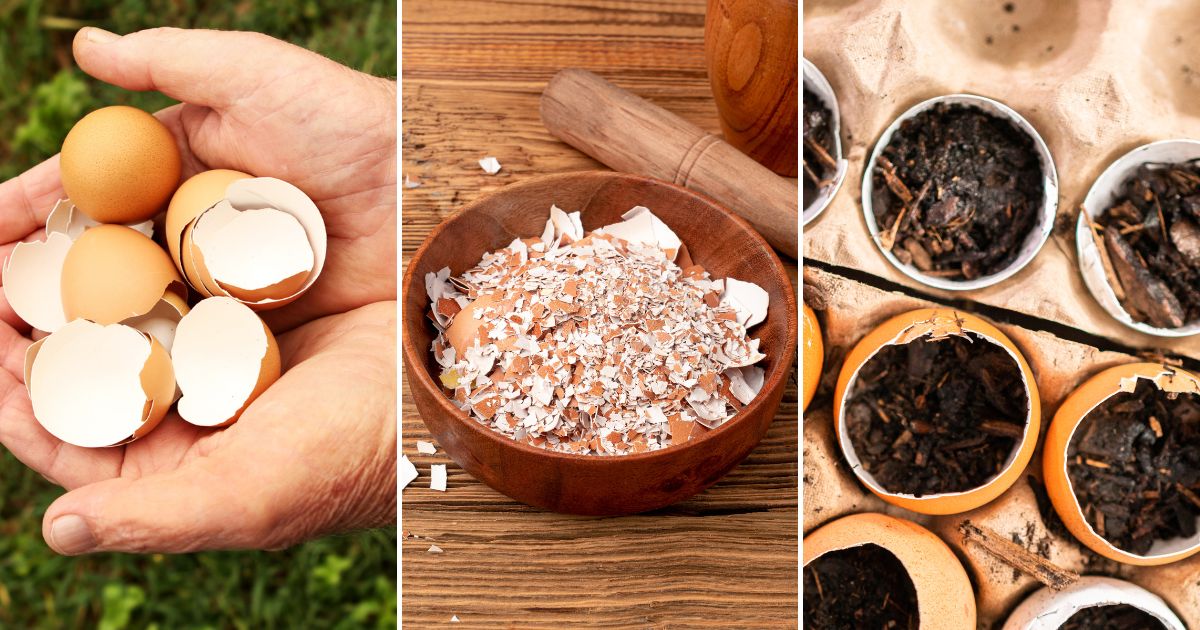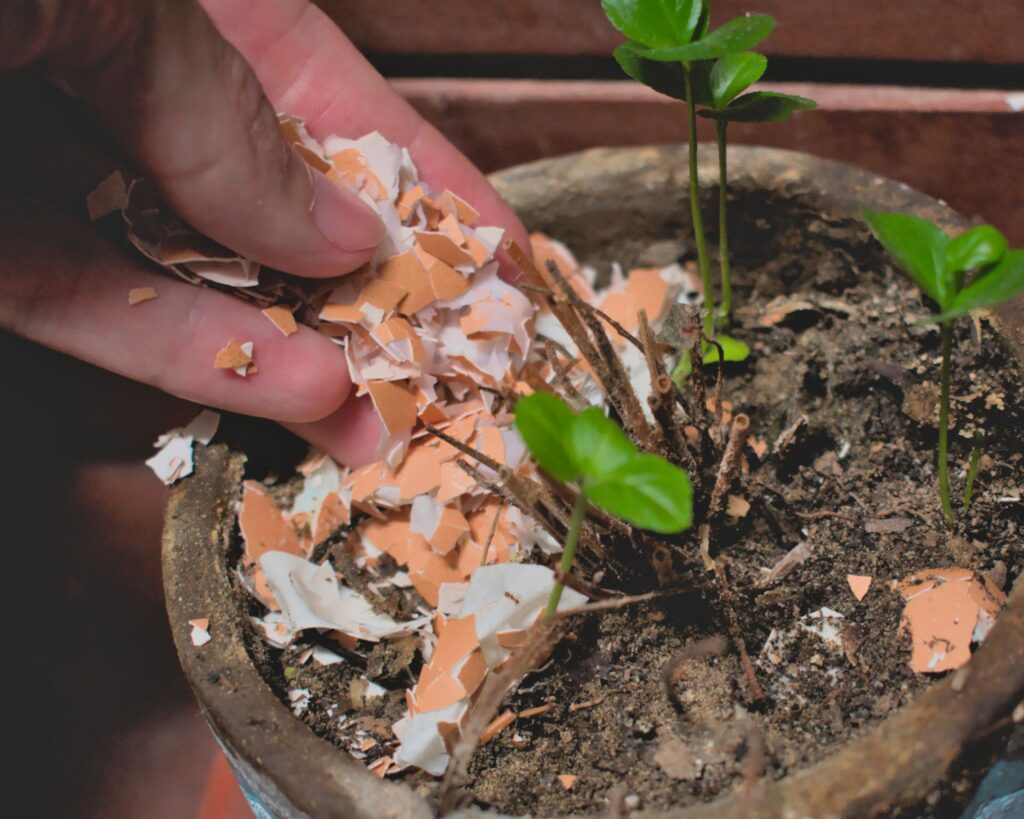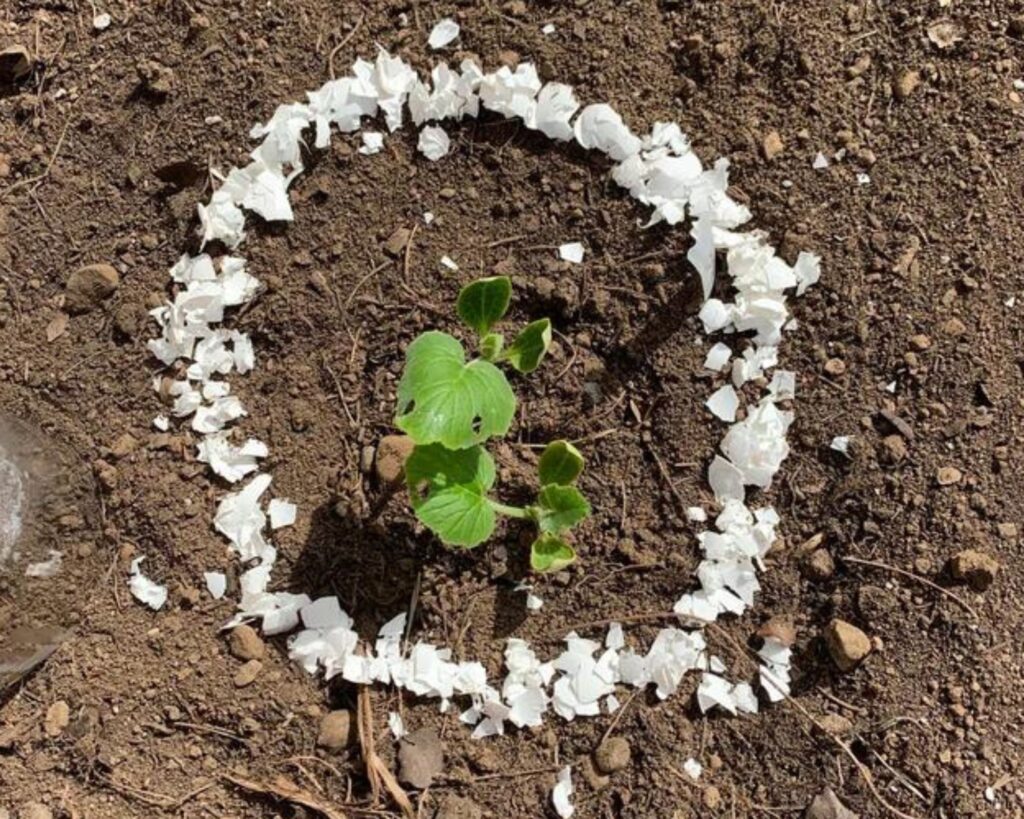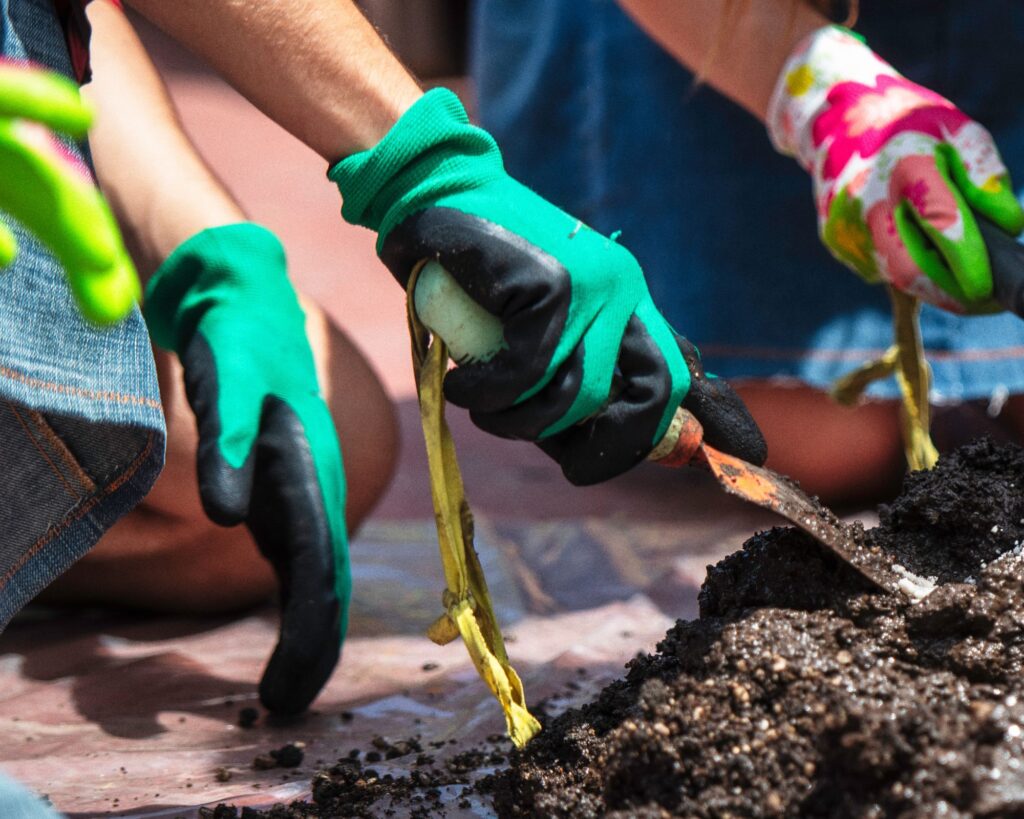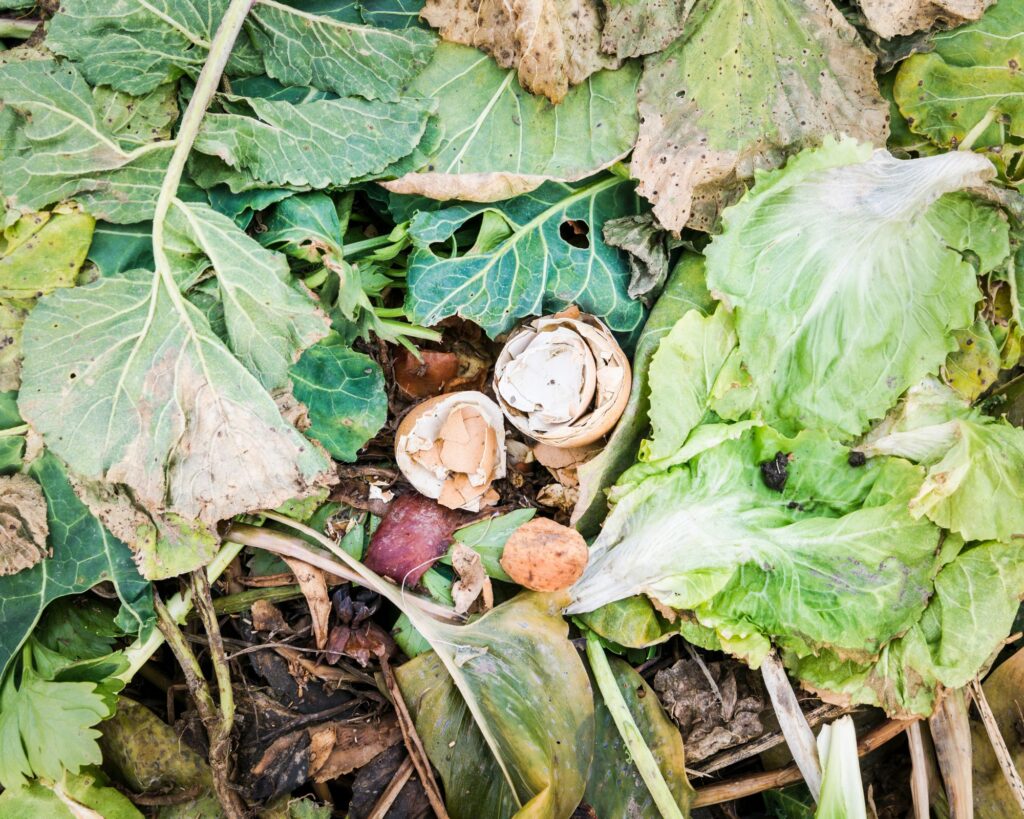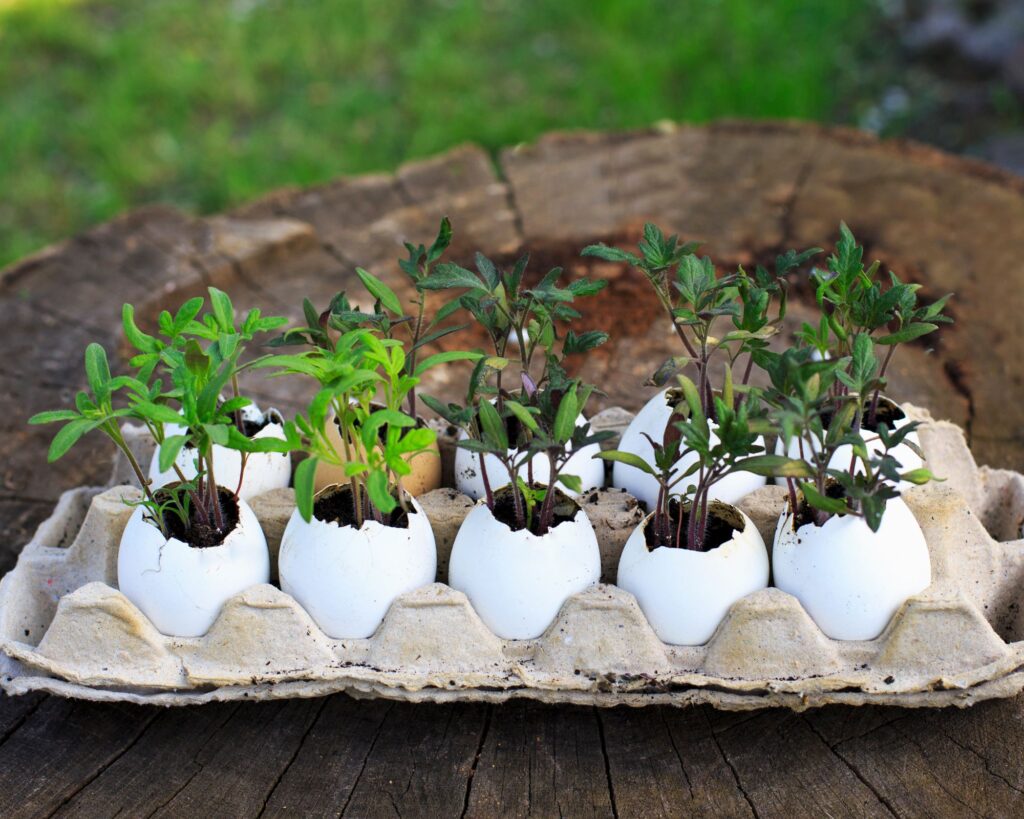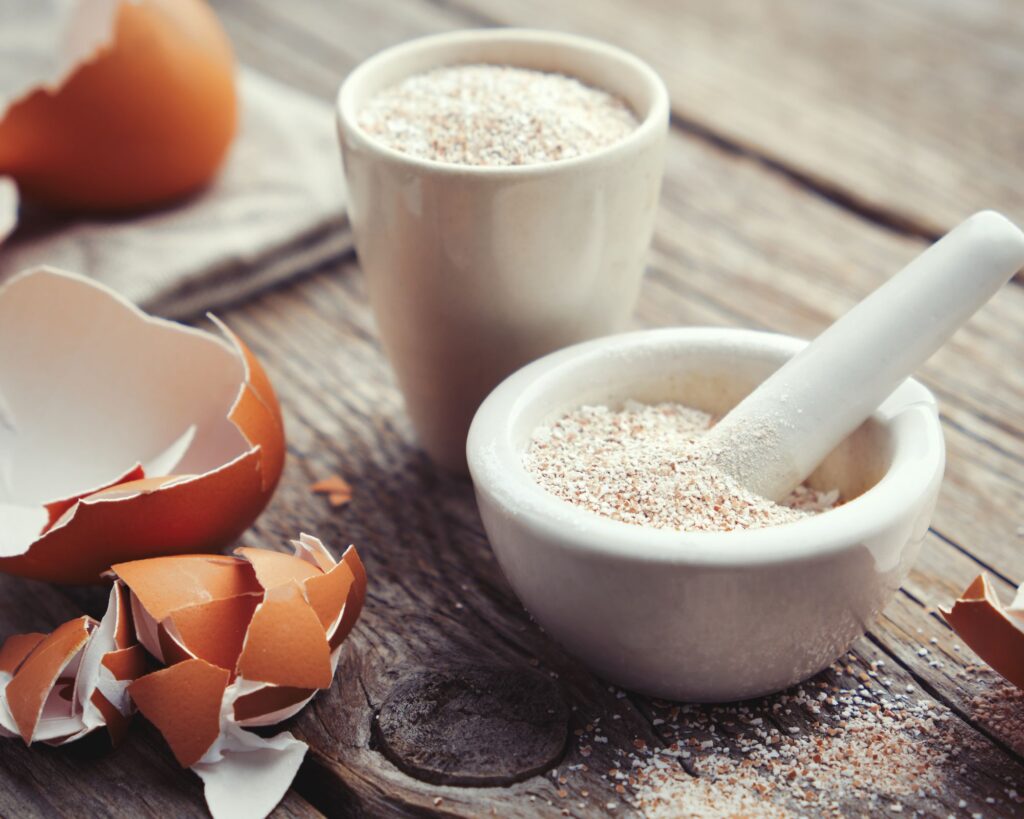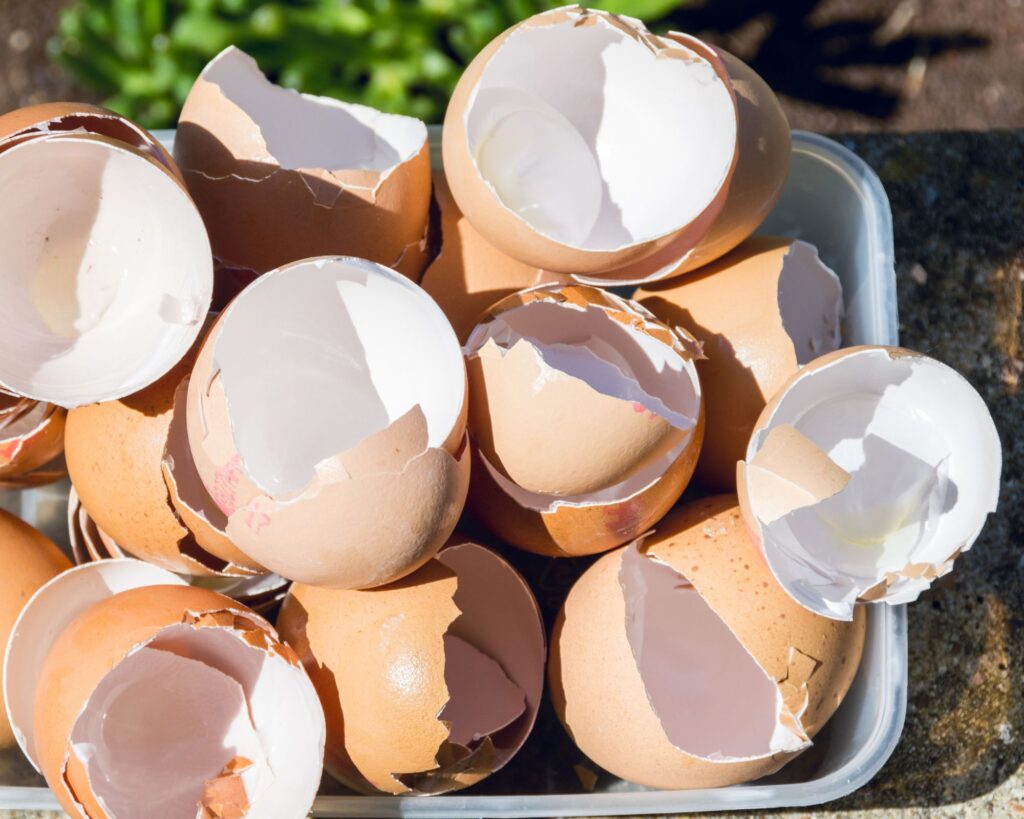Did you know you might be tossing away one of the most valuable resources for your garden without even realizing it? That’s right – the humble eggshell, something most of us discard without a second thought, is packed with potential to transform your plants.
From enriching your soil to fending off pests, eggshells are a natural, eco-friendly, and nutrient-dense solution to some of the most common gardening challenges.
Curious to know how these kitchen scraps can become a secret weapon in your garden? Keep reading – here are 7 compelling reasons why you should start using eggshells in your garden today. You’ll never look at breakfast the same way again!
1. A Natural Source of Calcium
One of the most significant reasons to use eggshells in your garden is their high calcium content. Plants, especially tomatoes, peppers, and eggplants, require calcium for healthy growth and development.
Calcium helps build strong cell walls, which are essential for the structural integrity of plant tissues. A calcium deficiency can result in a common garden issue known as blossom-end rot, where the bottoms of fruits develop dark, sunken spots.
Eggshells are made of roughly 95% calcium carbonate, making them an excellent, slow-release source of calcium. When crushed and added to the soil, eggshells gradually break down and provide plants with a steady supply of this essential nutrient.
This can help prevent calcium-related issues like blossom-end rot and improve the overall health of your garden.
How to Use: Simply rinse, crush, and scatter the eggshells around the base of your plants. You can also add crushed eggshells to your compost pile, where they will enrich the compost with calcium and other trace minerals.
2. Pest Deterrent
In addition to being a nutrient source, eggshells can also help protect your plants from common garden pests. Slugs and snails, in particular, dislike crawling over sharp, jagged surfaces, which makes crushed eggshells an effective and natural barrier.
When scattered around the base of vulnerable plants, the shells can deter these soft-bodied pests without the need for harmful chemicals or pesticides.
Unlike commercial slug repellents, eggshells are safe, non-toxic, and won’t harm beneficial insects or other wildlife in your garden. This makes them a great option for eco-conscious gardeners looking for a natural way to protect their plants.
How to Use: Crush eggshells into small, sharp pieces and create a protective ring around the base of plants that are prone to slug or snail damage. The shells will eventually break down and add nutrients to the soil, providing a double benefit.
3. Improving Soil Structure
Eggshells aren’t just good for adding nutrients; they can also improve your soil’s structure. As the shells decompose, they help to aerate the soil by creating tiny pockets that allow air, water, and nutrients to flow more freely.
This improved soil structure is especially beneficial for heavy clay soils, which can become compacted and difficult for roots to penetrate.
By incorporating eggshells into your garden, you can enhance the soil’s texture and drainage capabilities, making it easier for your plants’ roots to access the nutrients and water they need.
Better soil structure leads to healthier root systems, stronger plants, and more abundant harvests.
How to Use: Mix finely crushed eggshells into your garden soil before planting, or add them to your compost pile for even distribution.
4. Composting Essential
If you’re into composting, eggshells can be a valuable addition to your compost pile. While they take longer to decompose than other organic materials like vegetable scraps or leaves, eggshells still contribute essential minerals, particularly calcium, to the compost.
This nutrient-rich compost can then be used to enrich your garden soil, promoting healthy plant growth and improving overall soil fertility.
Additionally, the calcium from eggshells helps balance the acidity of the compost pile, creating a more neutral environment for beneficial microorganisms to thrive. These microbes are essential for breaking down organic matter into nutrient-rich compost.
How to Use: Rinse and crush the eggshells before adding them to your compost pile. Crushing the shells speeds up the decomposition process, allowing the calcium to be absorbed into the compost more quickly.
5. Seed Starting Pods
One of the most creative and eco-friendly uses for eggshells in the garden is to repurpose them as seed-starting pods. Eggshells are small, biodegradable, and provide a natural source of calcium for seedlings.
They are perfect for starting small seeds indoors before transferring them to your garden.
Once your seedlings are ready for transplanting, you can plant the entire eggshell directly into the ground. The shell will break down over time, releasing calcium and other nutrients into the soil as the seedling grows.
How to Use: Clean out the eggshell halves, poke a small drainage hole in the bottom, and fill them with potting soil. Plant your seeds in the shells and place them in a sunny spot. When the seedlings are large enough, plant the whole eggshell in your garden.
6. pH Balancing for Acidic Soil
Eggshells can also help gardeners dealing with overly acidic soil. Many plants, such as tomatoes, spinach, and various flowering plants, prefer a more neutral to slightly alkaline pH for optimal growth.
Eggshells, which are primarily made of calcium carbonate, act as a natural liming agent, gradually neutralizing the soil’s acidity.
Over time, incorporating crushed eggshells into your garden soil can help raise the pH level, creating a more hospitable environment for plants that struggle in acidic conditions.
This is especially important for regions where the soil is naturally acidic or for gardens that experience heavy rain, which can leach essential nutrients like calcium from the soil.
How to Use: Crush eggshells into a fine powder and work them into the soil where you want to raise the pH level. This process is slow-acting, so it’s best to incorporate eggshells into your soil regularly over time.
7. Cost-Effective and Eco-Friendly
Perhaps one of the most convincing reasons to start using eggshells in your garden is their cost-effectiveness and sustainability.
Eggshells are a waste product that most households produce regularly, and instead of throwing them away, you can repurpose them to benefit your garden.
This practice not only saves you money on commercial fertilizers, soil amendments, and pest control products, but it also reduces kitchen waste.
By using eggshells in your garden, you’re taking a step toward more sustainable gardening practices.
You’ll reduce your reliance on synthetic fertilizers and pesticides, contribute less to landfill waste, and promote a more eco-friendly approach to plant care.
How to Use: Make it a habit to save your eggshells after cooking. Rinse them thoroughly and allow them to dry before crushing them for use in your garden or compost.
Store them in a container until you have enough to distribute throughout your garden.
